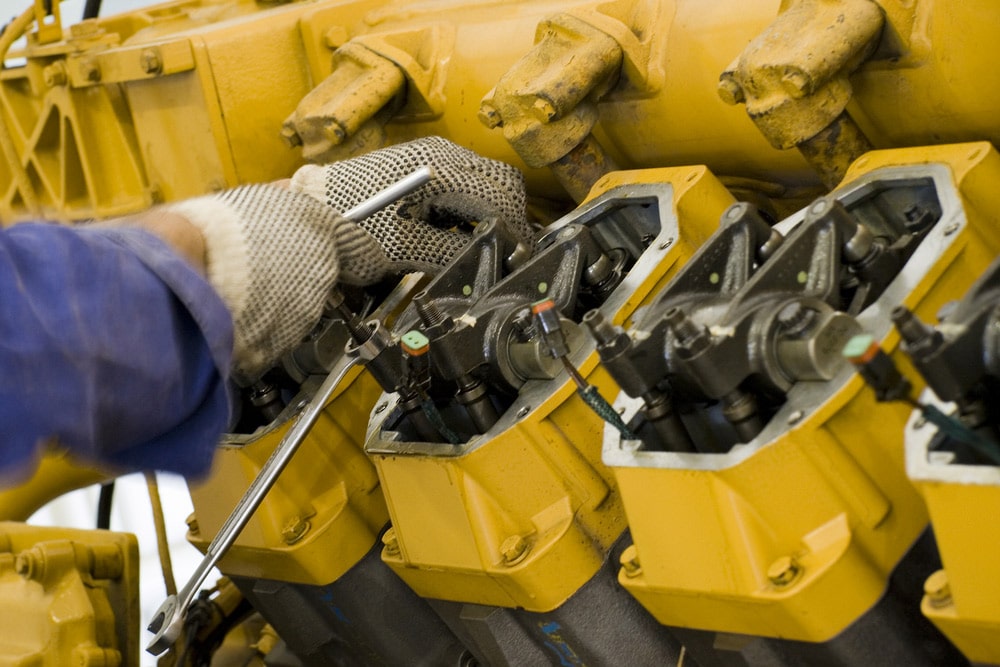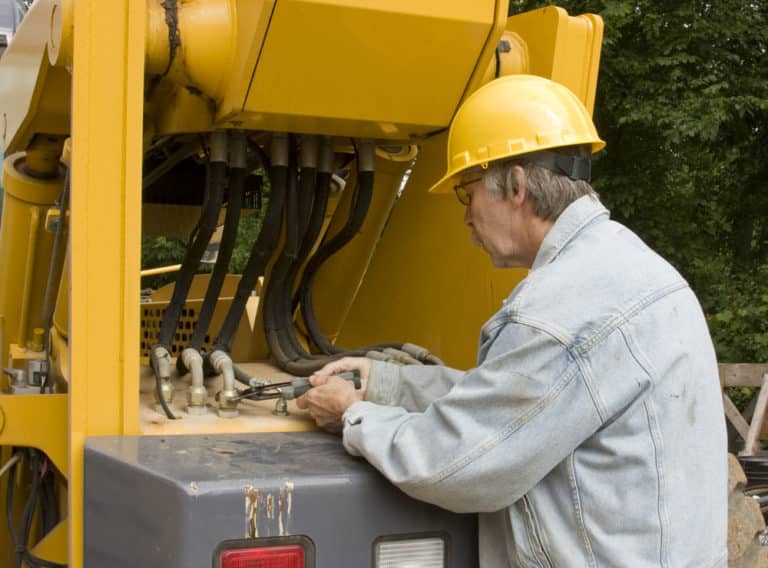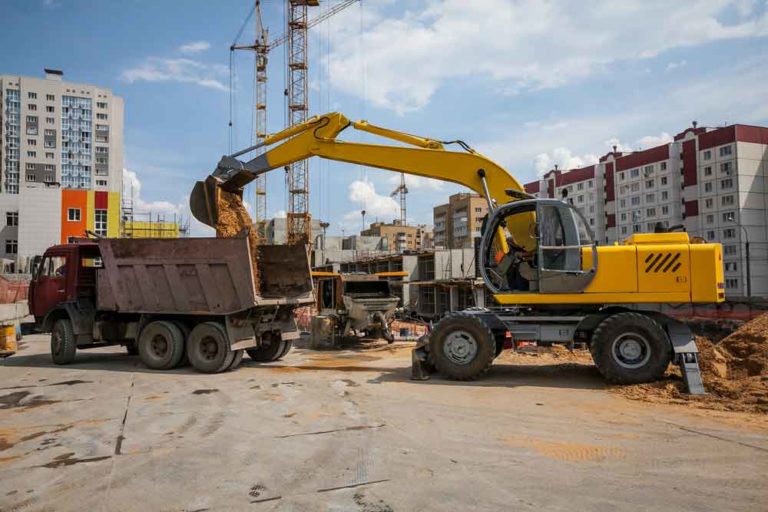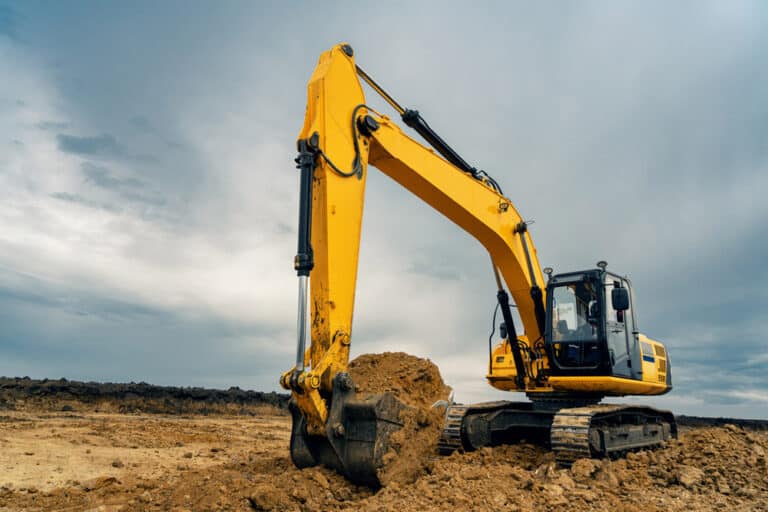Heavy equipment plays an important role in completing tasks in the construction and industrial sectors. Whilst strong and robust in nature, even the mightiest machines need regular maintenance to prevent breakdowns, minimise downtime and maximise productivity. This blog will provide an overview of the routine maintenance requirements for heavy equipment, highlighting its importance and best practices.
Key Components Of Routine Maintenance
Inspection And Lubrication
Regular inspections involve visually assessing the equipment for any signs of damage or wear. Lubrication ensures that moving parts operate smoothly and minimises friction.
Fluid Checks And Replacements
Fluids such as engine oil, hydraulic fluid and coolant should be regularly checked and replaced to maintain optimal performance and prevent overheating or component damage.
Filter Replacements
Air, fuel and hydraulic filters should be inspected and replaced as per the manufacturer’s guidelines to maintain proper filtration and prevent contaminants from entering the system.
Belt And Hose Inspections
Belts and hoses should be inspected for wear, cracks or leaks. Worn-out belts should be replaced, and damaged hoses should be repaired or replaced promptly.
Tyre Maintenance
Tyres should be inspected for wear, proper inflation and any damage. Maintaining proper tyre pressure and replacing worn-out tyres improves stability, traction and fuel efficiency.
Electrical System Checks
The electrical system, including wiring, switches and lights, should be regularly inspected to ensure proper functioning and minimise the risk of electrical failures.
Battery Maintenance
Batteries should be inspected for corrosion, proper connections and charge levels. Regular maintenance, including cleaning and testing, helps prolong battery life.
Cooling System Maintenance
The cooling system, including radiators and fans, should be inspected and cleaned regularly to prevent overheating and ensure efficient cooling.
Safety System Inspections
Safety systems, such as seat belts, alarms and warning lights, should be regularly checked to ensure they are in proper working order.
Component Replacements
Components with a limited lifespan, such as belts, filters and hoses, should be replaced per the manufacturer’s recommendations to prevent failures.
Best Practices For Routine Maintenance
To optimise routine maintenance for heavy equipment, the following best practices should be followed:
Follow Manufacturer Guidelines
Adhere to the manufacturer’s recommendations for maintenance intervals, procedures and using specified fluids and parts.
Train Operators
Educate equipment operators about the importance of routine maintenance and how to identify potential issues during their daily inspections.
Address Issues Promptly
Address identified issues promptly to prevent them from escalating into major problems. Timely repairs and replacements are crucial to ongoing equipment reliability.
Use Quality Replacement Parts
Use genuine replacement parts or high-quality alternatives to ensure compatibility, performance and durability.
Hire Professionals For Complex Repairs
For complex repairs or maintenance tasks beyond the operator’s expertise, it is advisable to engage qualified technicians or authorised service centres.
Optimise Your Equipment's Performance With Mdd Heavy Industries
Are you looking to maximise the performance and longevity of your heavy equipment? Don’t miss out on the opportunity to optimise your equipment’s performance with MDD Heavy Industries. Our expert maintenance services and top-quality equipment solutions are designed to keep your operations running smoothly. Your heavy equipment deserves the best, and we’re here to make it happen.









